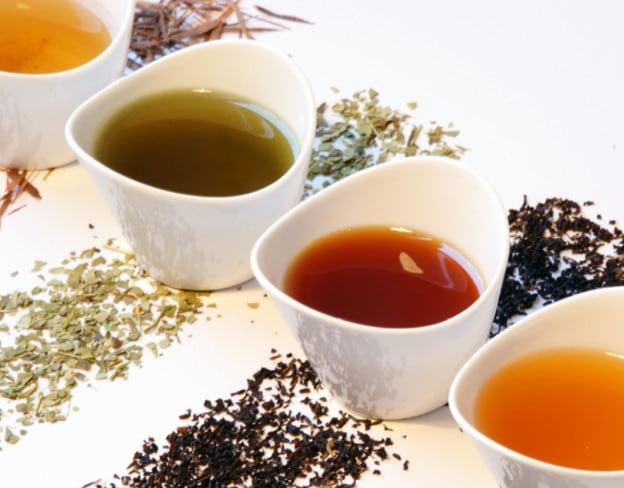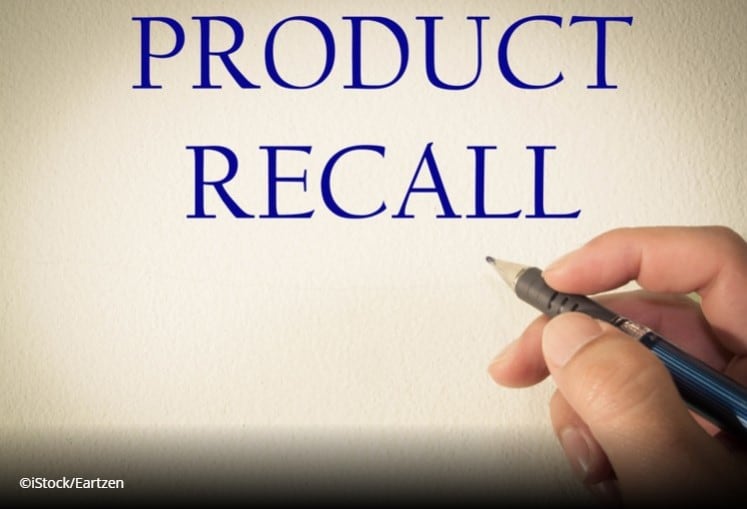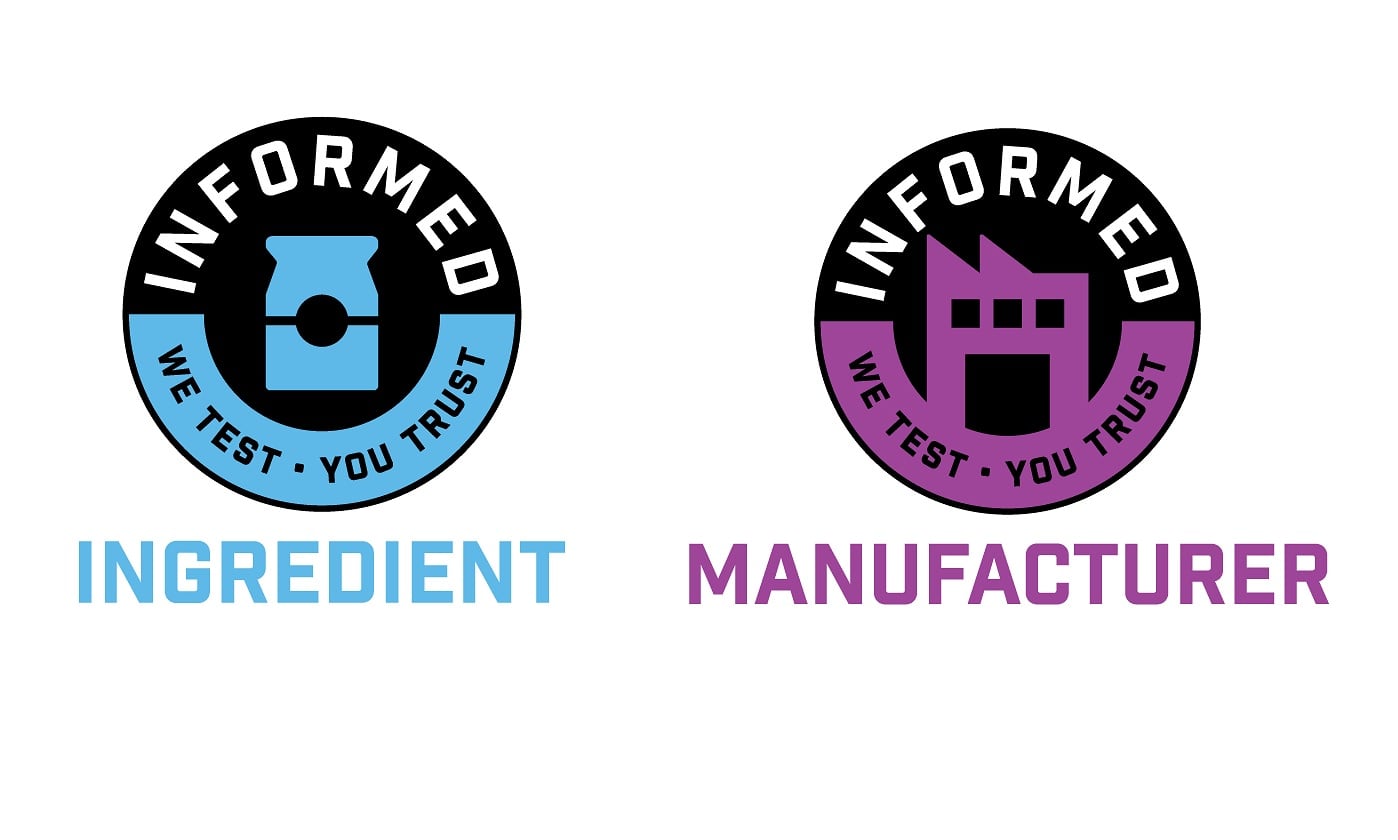The guidelines aim to alert businesses to the potential “opportunity” for food fraud to take place particularly as firms are under increasing pressure to meet demand at the lowest possible price.
“Food fraud is committed when food is deliberately placed on the market for financial gain, with the intention of deceiving consumers or customers,” the THIE says.
“Where such risks are identified, this document will help to provide general guidance as to what steps may be taken as a means of mitigation; thus helping to protect themselves against fraudulent activity.
“It considers the supply of any raw materials intended for use as tea or HFI from the point of initial growing, through to harvesting, primary process shipping and storage prior to final processing.”
While THIE’s document considers fraudulent activity risk occurring throughout the whole raw material supply chain of tea and Herbal and Fruit Infusions (HFI) it does not consider aspects such food Safety (eg. microbiological), Food Quality (eg. sensory, texture) and the role of Certification/Accreditation (eg. Organic, Rain Forest Alliance, Fairtrade).
However, the guidelines consider findings from horizon scanning tools such as EU RASFF alerts and insights from guidance / working groups on Best Practice for global food supplies (eg. Codex Committee on Food Import and Export Inspection and Certification Systems)
Five-step plan
The THIE, which are based in Germany, outlines a five-step plan that provides questions in identifying risk and vulnerabilities.
Guidance is further provided as to how to go about addressing these; including measurement of overall effectiveness in managing any risks and vulnerabilities identified.
The five steps concern how best to map the supply chain, identify and act on potential impacts, risks and vulnerabilities, create a plan of action and ensuring action is taken, progress tracked, and communicated.
Aid for small businesses is also included with the THIE recognising the extra demand on resources and manpower as well as costs to account for extra or additional checks.
“We advocate that all food business, no matter how big or small should follow each of the five steps provided in this guidance,” the group adds.
“However, should a small business feel it is not practical to do so, they should ensure that at least a basic assessment of their risks and vulnerabilities is completed.”
Some of the key questions here include, What are your key raw materials? Where do they come from? How resilient is their supply chain and how do you protect your business from food fraud?
A global industry
Despite measures taken by those in the supply chain in recent years, tea, herbal and fruit infusions; as well as extracts thereof remain vulnerable to adulteration and contamination due to a worldwide nature of the industry that brings with it differing standards and guidelines across regions.
The tainting of this commodity can include the addition of artificial colorants and other foreign materials as well as the ill-defined geographical and/or botanical origins of tea.
In 2019, research utilising DNA testing technology highlighted ‘widespread’ global adulteration in herbal products, with almost one-third of items tested found to be fake.
The study, published in Frontiers in Pharmacology, analysed the authenticity of almost 6,000 herbal products sold across 37 countries using DNA testing. It concluded the content of a ‘substantial proportion’ – 27% - did not contain what was claimed on the label.
Last year, the European Medicines Agency (EMA) stated that herbal teas including those used as medicines may contain variable amounts of PAs, although the plants used as ingredients are not known to produce this toxin.
The Agency added that the problem of contamination due to PA-containing weeds, had to be seen primarily as ‘quality-related topic.’




